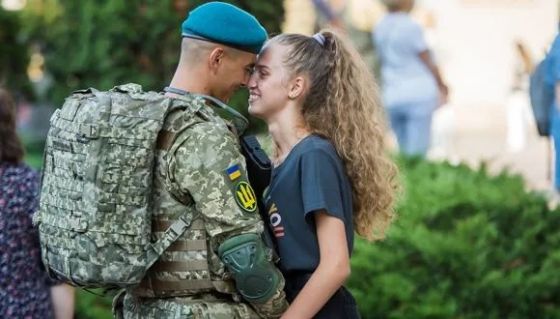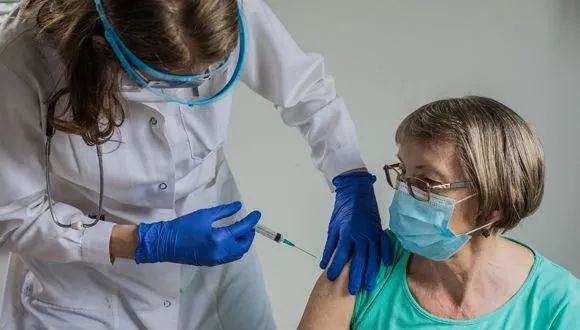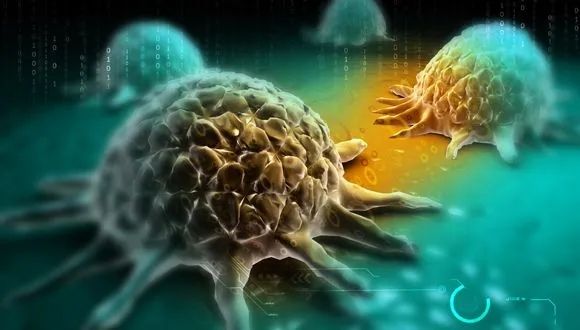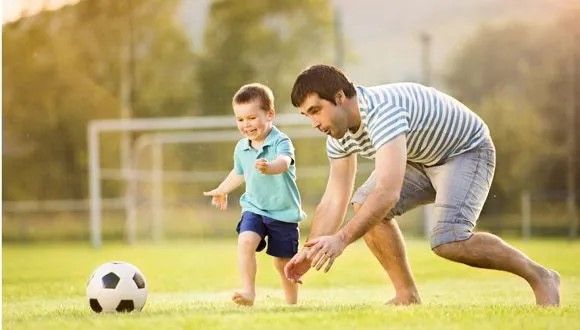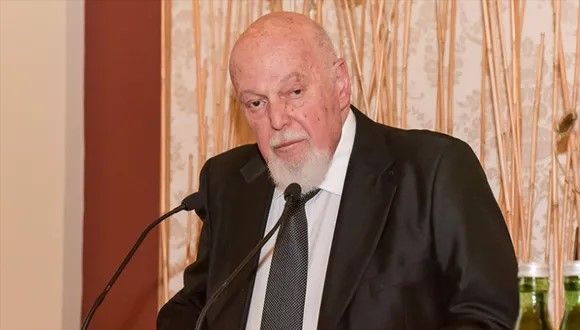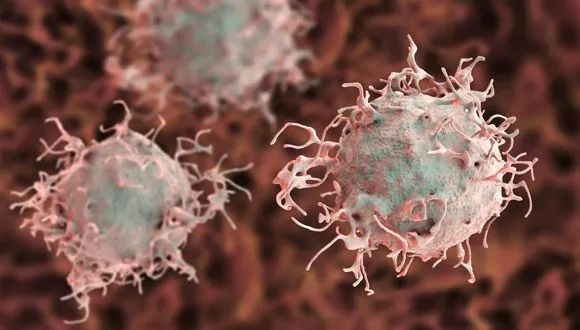A first-of-its-kind study conducted by Tel Aviv University has found that the national resilience of the citizens of Ukraine, who are currently fighting for their independence, is comparatively very high (4.35) on a scale of 1 to 6. It is, in fact, significantly higher than the national resilience that characterized Israeli citizens (3.89) at the height of “Operation Guardian of the Walls” in May 2021.
The researchers explain this difference by saying that whereas Ukrainian citizens now find themselves fighting for their homeland and are ready to do anything to win the war, the rounds of fighting in Gaza have become a kind of recurrent nuisance for the citizens of Israel, accompanied by a moderate level of national resilience.
The study was led by Prof. Bruria Adini and Prof. Shaul Kimhi of the ResWell Research Center at Tel Aviv University’s Sackler Faculty of Medicine.
Ukrainian Citizens Still Have Hope
According to the researchers, the current study constitutes the first attempt by academic researchers to assess Ukrainian citizens’ positive and negative coping indices during wartime. The study indicates that in such conditions of conflict, a population may experience high levels of stress and, simultaneously, high levels of societal resilience and hope for the future.
In the current situation in Ukraine, the population has also demonstrated a great deal of support for their government.
The study surveyed 1000 Ukrainian citizens, as well as a sample of about 650 Israeli citizens using data collected during Operation Guardian of the Walls. The study’s findings suggest that the danger, in the eyes of Ukrainian citizens, is perceived as much more tangible (3.7 on a scale of 1 to 5) than Israelis’ perception of danger in the rounds of fighting against Hamas in Gaza (2.45). The perception of threat amongst Ukrainians is also more significant (3.29) than among the citizens of Israel (2.79).
The researchers note that the younger population, those between the ages of 26 to 30, present higher levels of stress and post-traumatic stress symptoms compared to other age groups. Women report higher levels of all negative coping mechanisms in comparison to men.
Interestingly, despite the significant dangers and threats they face, Ukrainian citizens have not lost hope, with their ‘hope index’ being higher (an average of 3.95) than that of Israelis (an average of 3.5).
“Israelis, unlike the Ukrainian People, do not feel that their country is under a direct existential threat and have, to a certain degree, adapted to an ‘emergency routine’ due to the recurrent conflicts.” Prof. Adini and Prof. Kimhi
Israelis Adapted to ‘Emergency Routine’
Prof. Adini and Prof. Kimhi explain that “the perception of a threat as existential to the survival and sovereignty of the state and society is likely, under certain conditions, to enhance the population’s societal resilience and sense of hope. This is the case even when the population feels anxious and threatened by the situation. “
“Moreover, it appears that the war launched by Russia against Ukraine has actually contributed to the process of Ukrainian identity-building, which also leads to increased levels of resilience, as well as an extremely high sense of hope.”
“Israelis, unlike the Ukrainian People, do not feel that their country is under a direct existential threat and have, to a certain degree, adapted to an ‘emergency routine’ due to the recurrent conflicts. In light of this, they present lower levels of resilience relative to Ukrainians, but at the same time higher levels of well-being and morale.”

